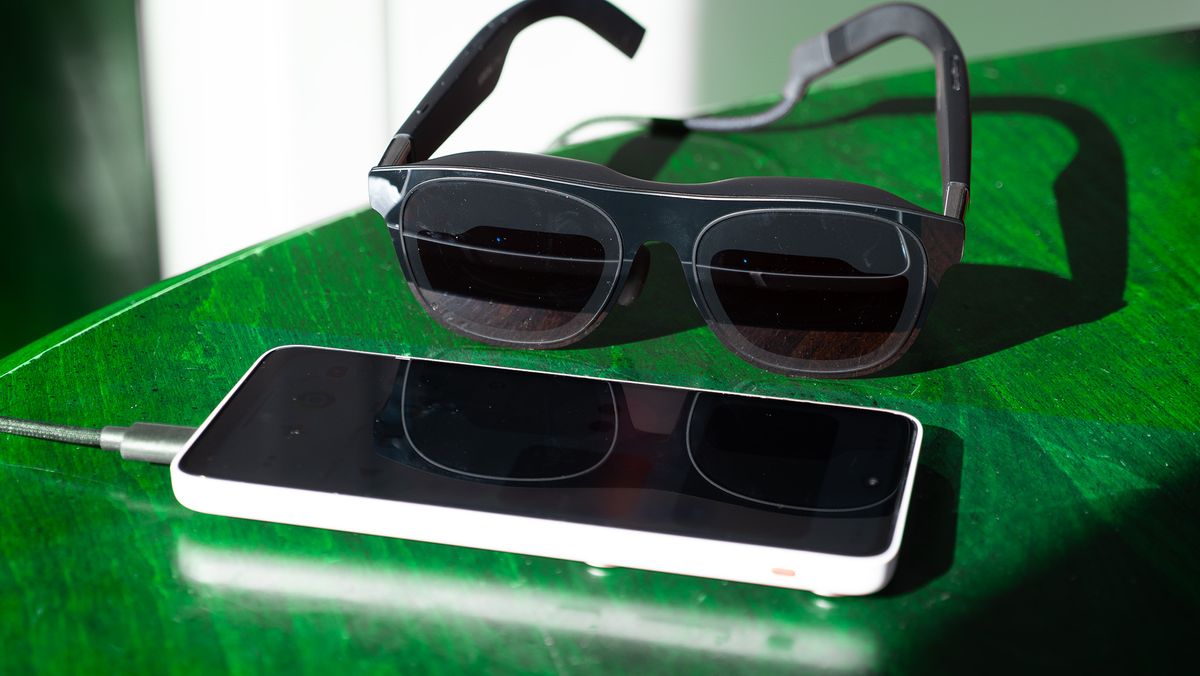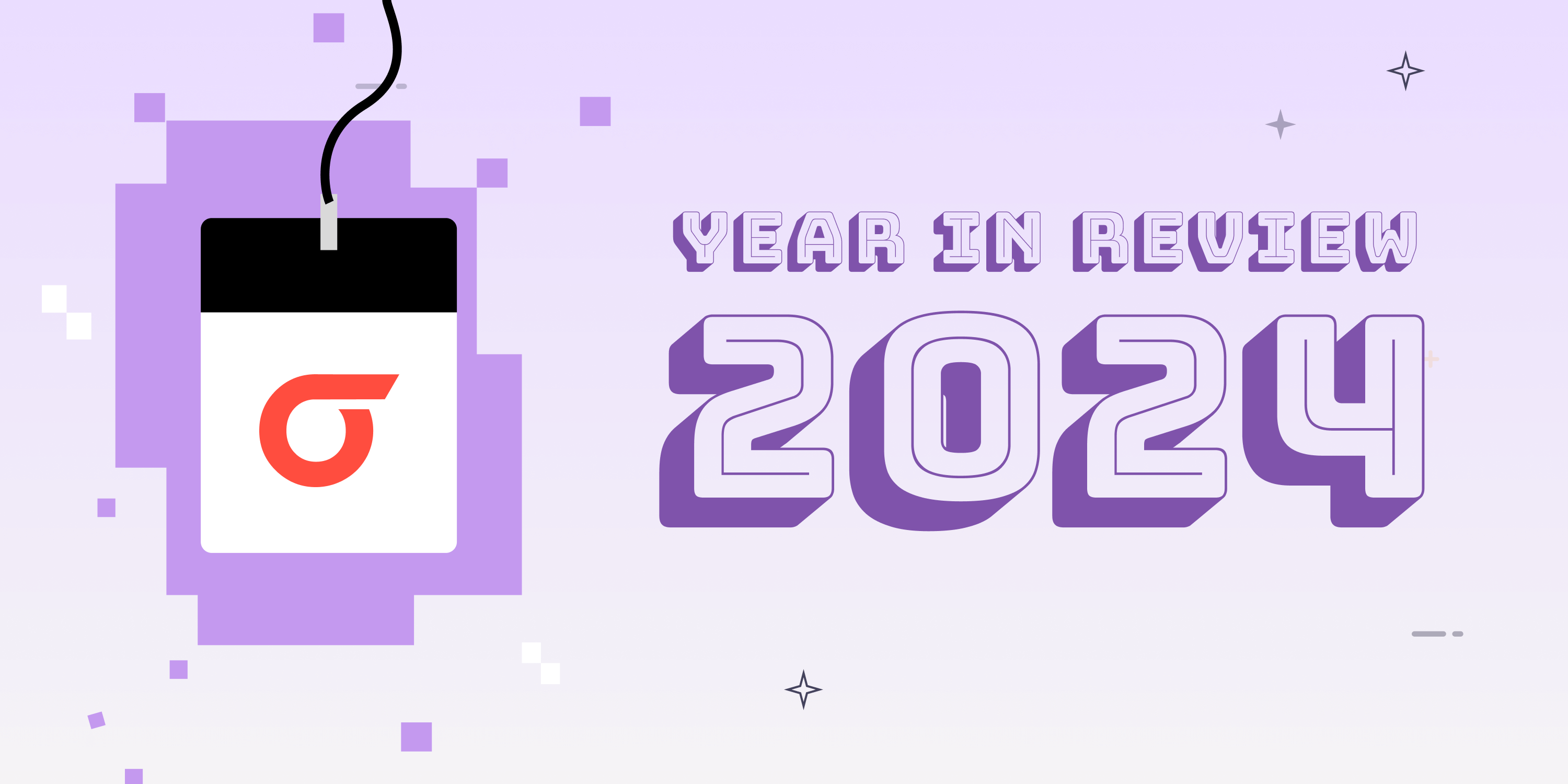Resident Evil 7 Biohazard is the latest AAA title to arrive on Apple’s platforms. The game originally launched on the PS4, Xbox One, and PC back in 2017, and since then has graced multiple other platforms, including the Nintendo Switch and even the defunct Google Stadia. Now, it is available on the iPhone 15 Pro and all iPad and Mac models with M-series chips.
RE7 is a highly celebrated installment in the RE library even by the series’ generally high standards. It was a return to roots for the franchise with a strong focus on survival horror over action and gunplay that dominated the previous couple of games. It was also the first to switch to a more intimate first-person view for the character, which makes the body horror especially visceral and effective.
RE7 features the story of Ethan Winters whose wife goes missing for three years until one day when she sends him a cryptic message calling him to a house in the backwaters of Dulvey, Louisiana. While creepy enough as is, nothing could have prepared Ethan for the horrors that lie waiting for him in that place.

RE7 was a fantastic return to form for the series originally known for its survival horror gameplay. It is, without a doubt, the scariest game in the entire series, with the opening mission, in particular, often causing you to stay rooted in place, too scared to move even though all you’re expected to do is walk around this seemingly empty house. The long, dark hallways of the opening area particularly remind one of P.T., a short horror demo made by Hideo Kojima and Guillermo del Toro for a game that never came to be.
RE7 makes incredible use of darkness, the tunnel vision caused by your flashlight, and the dilation of your pupils as you enter any new room in the house or turn your camera around. Your mind is begging for more information from your eyes that the game won’t give you, all the while being hyper-aware of every creak emanating from this decrepit old place. Did you see something move in the shadows up ahead? Well, too bad, because that’s where you are expected to go next.

RE7 on Apple platforms is the exact same game released on other platforms before. On the iPhone, the initial free download from the App Store is 1.19GB. After that, the game asks you to download an additional 10GB when you launch it. Should you choose to purchase the full game through in-app purchase, you will be required to download another 14GB or so. Fully downloaded, the game will take about 25GB of storage without the DLC and 31GB with the DLC.
The DLC for the game includes the Gold Edition upgrade, which includes an additional story mission ‘End of Zoe’ and two minigames called Banned Footage Vol 1 and Vol 2. The Gold Edition upgrade is $20 on top of the $20 for the full base game. You can, however, just download the base game for free, which includes the first chapter.
The review will focus on the technical performance of the game as tested on the iPhone 15 Pro. Like Village, RE7 brings back adjustable graphical settings and resolution but in a more minimal fashion. You don’t get the full PC-like graphics settings that you get on Village but there are three graphical presets available that let you switch between prioritizing performance, prioritizing graphics, and a balanced mode.

Starting with the Prioritize Graphics preset, the game presents an impressive image considering its age and the platform. You get dense foliage in the few outdoor scenes you have early on with decent texture resolution, shadows, and slightly fuzzy but present screen space reflections on water bodies. Indoors you’ll notice niceties such as volumetric crepuscular rays piercing the musty interiors, along with cascaded shadow maps. And when enemies are trying to stab you in the face, you’ll notice a soft depth of field effect on the knife.

Going from Prioritize Graphics to Balanced has a rather small impact on the visuals to the point where it’s not at all immediately obvious. It’s only after a lot of nitpicking was it possible to notice even fuzzier screen space reflections, slightly lower-resolution shadow maps, and reduced ambient occlusion.
However, there is nothing subtle about the Prioritize Performance preset, which looks notably worse. There is reduced geometric density outdoors with lesser foliage and simpler meshes for the plants. The texture resolution is absolutely nuked to the point it’s almost non-existent. You also lose all screen space reflections, volumetric lighting, and ambient occlusion. The depth of field is also of lower precision, which makes it look like a screen blur rather than a soft camera blur. Finally, the shadows are noticeably blockier.












Prioritize Graphics • Balanced • Prioritize Performance
The game also allows you to pick your resolution. On the iPhone 15 Pro, one could choose from the native 2556×1179, 2342×1080, 1952×900, and 1560×720. The game then seemingly uses MetalFX temporal antialiased upscaling to upsample the image to the display’s native resolution if you choose a lower value. However, there were noticeable checkerboard artifacts across the image even when running the game natively, which suggests the game might be using the RE engine interlacing feature, which runs the game at half resolution on one of the axes.
The resultant image can be quite soft at times but the game’s design lets it get away with it. RE7 has a heavily post-processed look with substantial lens blur effects and chromatic aberration along with motion blur to create almost a found-footage horror movie look. The softer look adds to the VHS quality that the game is going for although it can be a bit too soft at times, especially during the actual VHS video scenes that play out in some of the chapters.
The overall image quality, however, is still quite good. Most of the game plays out in very dark environments, which hides a lot of its visual flaws, and what’s visible looks good enough. The performance preset cuts back a lot but remains usable whereas the higher presets would look better on devices with more GPU processing power and memory.
The game renders in true ultra-wide on the iPhone, so you are getting a wider field of view compared to 16:9. However, some of the pre-rendered cutscenes will still play in 16:9 with black bars on the side.
In terms of performance, RE7 once again does well. The game is known for being exceptionally lightweight in terms of rendering load, which is why it was one of the few AAA titles on the base PS4 to run at 60fps at the time. The performance preset on the iPhone targets a similar 60fps lock while balanced and graphics have a 30fps lock. Setting the game to 720p and performance preset, the iPhone 15 Pro stays at a near-locked 60fps most of the time. In fact, the device doesn’t even seem stressed as it barely even gets warm. You can try increasing the resolution but the difference isn’t really noticeable.
Unfortunately, the more noticeable visual upgrades from the balanced and graphics preset come with a halving of the frame rate. Now, RE7 is the sort of game you can get away with playing at 30fps due to its deliberately slow-paced gameplay. However, once you get used to the smooth 60fps of the performance mode, it’s hard to go with the other presets no matter how much nicer they look.

If you feel differently then the balanced preset would be the one to go for as the unnoticeably better-looking graphics preset often struggles to maintain 30fps even at the lowest resolution and since these presets do tax the phone’s hardware it definitely gets hot while running.
A final note on visuals is regarding the HDR. RE7 on iOS makes use of the excellent HDR displays on the iPhone 15 Pro models. However, the game is even more aggressively dark in HDR, which makes it suitable only for playing in dimly lit or completely dark environments. If you are struggling with being able to see things then you may want to disable HDR at the cost of some highlight brilliance and contrast. You can also calibrate the image further in SDR, which you can’t in HDR.

RE7 features touchscreen controls similar to the previous two RE games on the platform. The controls work reasonably well initially when you are mostly walking around and not firing weapons. However, once you get weapons, it’s hard to aim, fire, and move at the same time since these are essentially controller buttons placed on a touchscreen. The game bluntly recommends using a controller every time you launch it so perhaps it’s best to take that recommendation seriously. Also, no, there is no support for mouse and keyboard.
Lastly, RE7 on the iPhone supports iCloud cloud saves and synchronization. It’s a universal app that works on iOS, iPadOS, and macOS once purchased and the saves can be synced and accessed across these platforms. As before, you cannot bring in your saves from other platforms like Steam.

Overall, Resident Evil 7 Biohazard is an impressive title on the iPhone. The game’s age and lightweight visuals help it perform like a champ even on this pocket-sized device and the visuals are perfectly viable on the small screen. All the while being one of the best horror games ever made. With all that in mind, RE7 on the iPhone gets an easy recommendation. Just make sure you have a controller and a spare change of pants.





















Discussion about this post